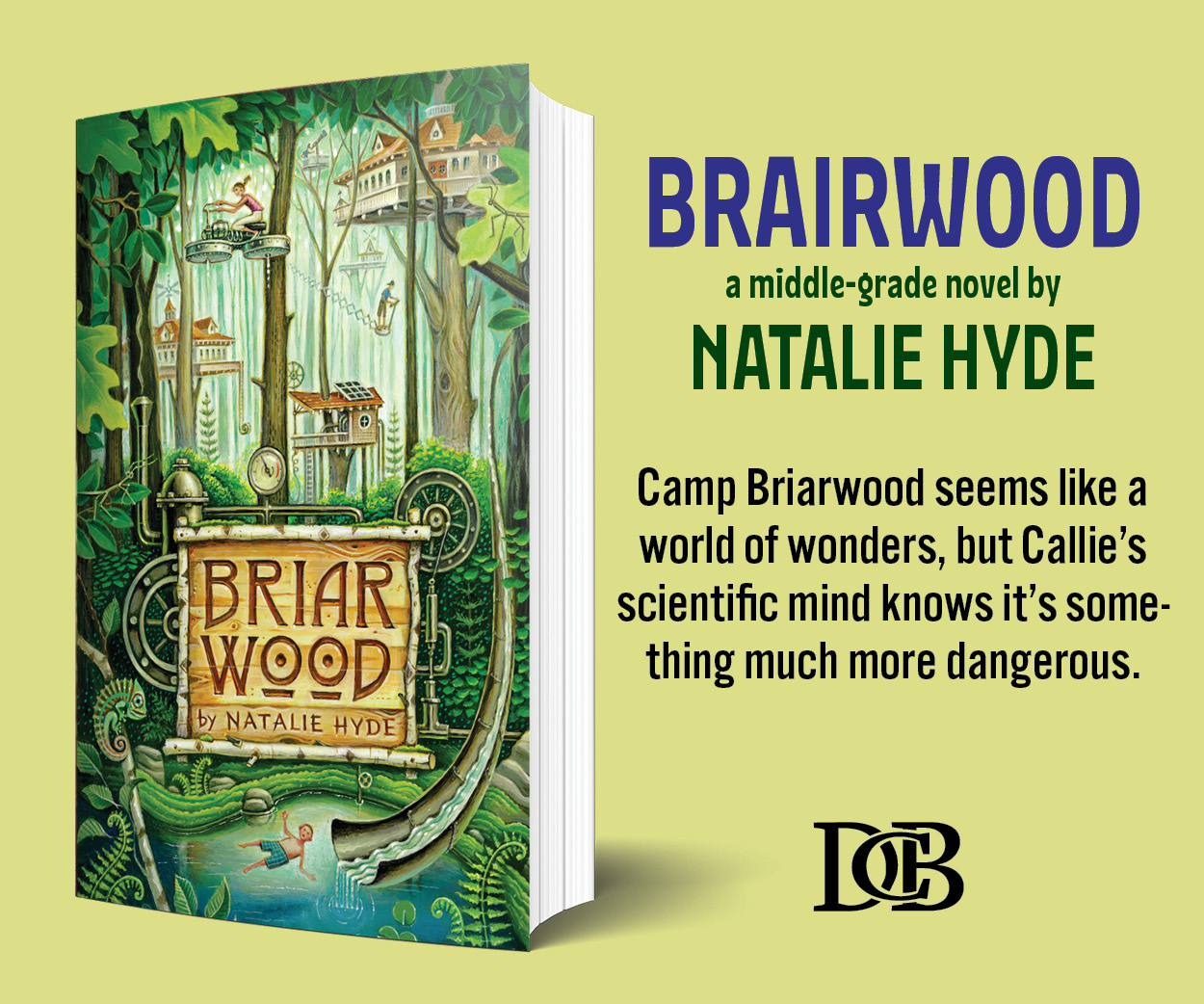Work
By Andrew Forbes
In January the flu raced through our house. It hitched a ride home from school on one child – one of the senior kindergarteners or the fourth grader, who can say which? – and in turn each of them took ill. When it was done with the third child, it revisited the first, and we did it all over again.
One clear, bright, frozen morning during this seasonal quarantine, my boy T, who'd been up most of the night losing the contents of his stomach, woke bleary and hot, his skin flush and damp. His fever was high, and it was immediately clear he'd be spending the day home with me.
His spirits were good, a small thing for which I was grateful. He wanted to be quiet, he said, to let me work. “I know you do work,” he said, indicating the laptop open on the large pine dining room table. “You can do work and I'll play Lego.” And though I knew our arrangement would last only a short time, I told him it sounded like a good idea.
He played a while, mostly with the things his brother C – older by one minute – had built. T isn't much of a builder. His patience doesn't run that way. So he flew planes and spaceships, drove trucks. His fever had broken, but he was hot, he said, so he took off his shirt and knelt on the floor, his lank frame bent over the toys. His ribs poked beneath his skin, and though he was cooler than he'd been his skin was still rosy and warm.
A few moments later he was by my side at the table. I assumed he'd ask me to read him a book, which is his favourite way to spend one-on-one time. Instead he had questions. He was looking at the screen of my laptop, open to a Word document. “What are you doing?” he asked.
“Working.”
“Doing what?”
“Writing. Words.”
“Making stories?”
“Right.”
Your CanLit News
Subscribe to Open Book’s newsletter to get local book events, literary content, writing tips, and more in your inbox
“For books?”
“You got it.”
“Can I help?” asked my boy who, as much or more than either his brother or his sister, loves to be considered useful.
“I don't think you can help with this, bud.”
“Okay,” he said, and I knew my work was done for the day. We went upstairs and read a book instead.
*
Earlier, in the fall, a leak had developed in a bathroom sink. I went down to the tool room, brought out the red metal toolbox, and from beneath the workbench retrieved the cardboard box labeled PLUMBING. It contains, among other things, odd ends of copper piping, elbows, joiners, silicone tape, an acetylene torch, solder and flux, steel wool, an old faucet, drain plugs, washers of various sizes, and an enormous Stillson wrench of oxidized steel with a smoothed wooden handle. The wrench belonged to my wife's grandfather, and though it weighs as much as cinder block, it's still every bit a functioning tool. I have used it to loosen fittings, to remove a stubborn plug from a calcified hot water tank, and to weigh down the edge of a tarp.
“What are you doing?” asked T when I came up the basement steps with the PLUMBING box in my hands.
“I'm going to fix that bathroom sink.”
“Because it's leaking?”
“That's right.”
“Can I help?”
“Do you know your tools?”
“Yeah,” he said, with feigned bravado.
“Okay,” I said, “you hand me the tools, then.” And I brought everything I was sure I would need into the bathroom, lay down on the floor, and wedged my shoulders and head into the cabinet, angling a flashlight up into the gloomy underworld of a bathroom counter, decorated with decades-old water stains, ancient caulking, strung with spiderwebs. “Vise grips,” I said, and he handed them to me.
“Oh man, what's this?!” he asked, standing the Stillson up on its end in the box.
“That's called a Stillson wrench. It was your great-grandfather's.”
“Can I use it?”
“Can you lift it?”
“Yeah.” He couldn't.
“Phillips screwdriver.”
“That's the plus sign one, right?”
*
At the YMCA I am sitting with both of the boys in plastic chairs on the pool deck. Their older sister is in a lesson, sitting at the opposite end of the aquatic centre in a ragged semicircle with her half-dozen classmates, learning lifesaving techniques from a teenager in a bathing suit and a red tanktop.
We have twenty minutes to kill before the boys are due in their lesson. Each of them has a book, one Lego, one Star Wars. In my hands I have a copy of Rachel Cusk's Outline, which I have recently begun. I always bring a book along on these Monday evenings at the Y in the mostly fruitless hope that I'll be able to steal a few minutes to read. Reading during daylight hours is a rare pleasure.
“Did you make that book?” asks T.
“No,” I say. “Somebody else made this one.”
“But you make books.”
“Yeah. Just two so far.”
“But you're going to make more, right?”
“I hope so.”
The chlorinated air is heavy and calamitous with voices, with splashing. The boys give me no chance to read Rachel Cusk's book. Instead they insist I read from their books, bright and glossy books about intergalactic bounty hunters, blaster fights, space travel. These are their favourite things, these books, and my boys are rapt as I read to them from somebody else's work.
The views expressed in the Writer-in-Residence blogs are those held by the authors and do not necessarily reflect the views of Open Book: Toronto.
The views expressed in the Writer-in-Residence blogs are those held by the authors and do not necessarily reflect the views of Open Book.
Andrew Forbes’s work has been nominated for the Journey Prize, and has appeared in The Feathertale Review, Found Press, PRISM International, The New Quarterly, Scrivener Creative Review, This Magazine, Hobart, The Puritan, All Lit Up, The Classical, and Vice Sports. He is the author of What You Need, a collection of fiction, and The Utility of Boredom: Baseball Essays. He lives in Peterborough, Ontario.


